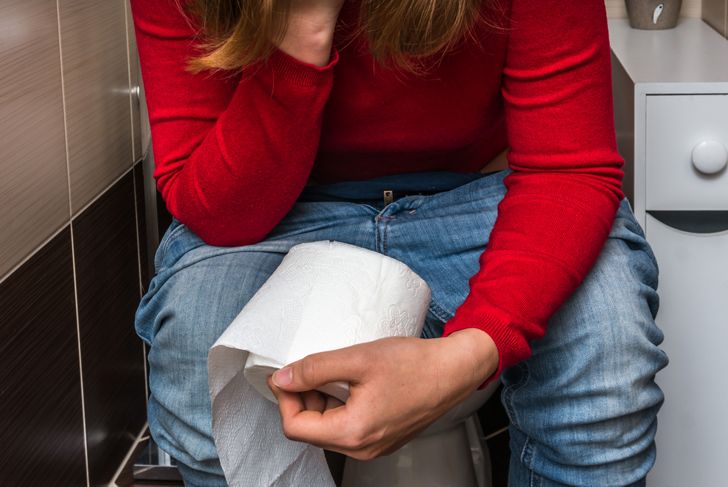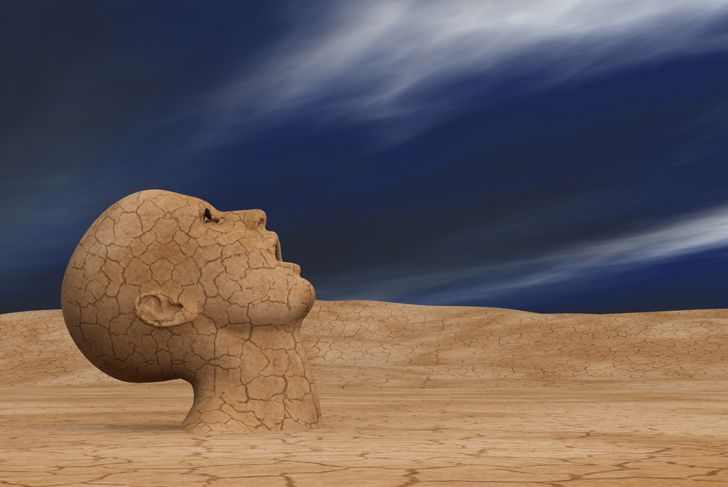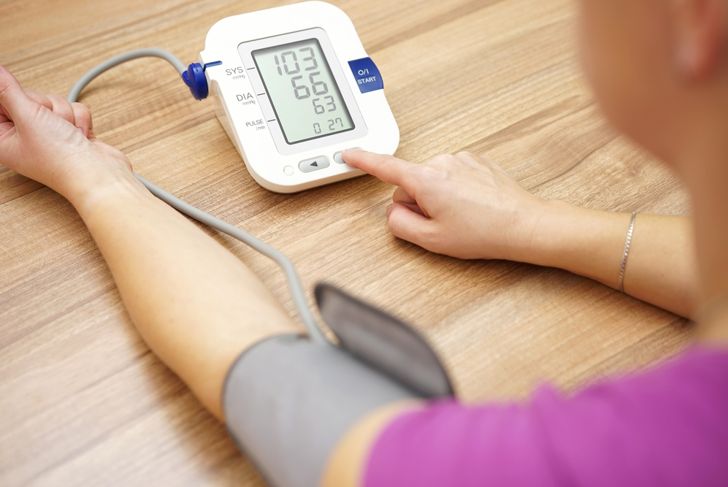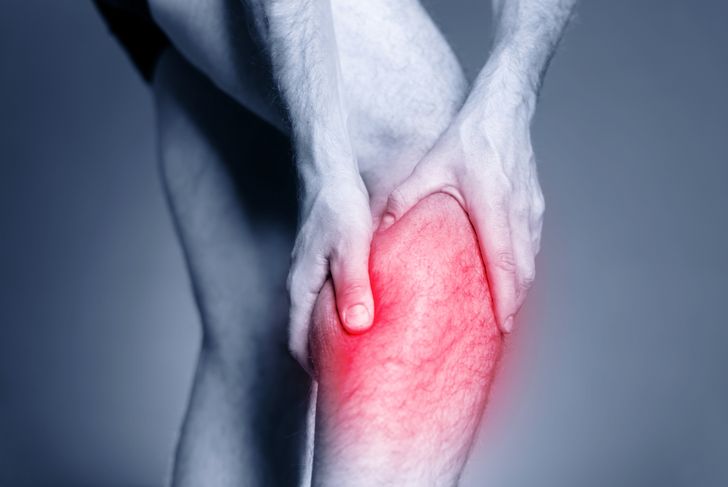The bacterium Vibrio Cholerae causes cholera and can be found in contaminated drinking water or food. It is an infectious disease, most common in the 1800s because of the poor hygiene and sewage systems. These days, it is not an epidemic, but there are still around 10 cases of cholera each year in the U.S. The symptoms of cholera can start a few hours after ingestion and stay for up to five days, and they can range from mild to quite severe. Take note if you have any of the below symptoms and suspect you have been in contact with a contaminated source.
Diarrhea
Diarrhea is a common symptom for various viruses and stomach bugs, or your body’s reaction to bad food, but in the case of cholera-related diarrhea, it results in a dangerous loss of fluids. The diarrhea is of a watery consistency, had a pale milky appearance and will come on very suddenly. You can lose up to a liter of fluid an hour when you are dealing with cholera diarrhea. This kind of diarrhea is dangerous to the body as you are losing excessive fluids at a rapid rate. It can lead to all sorts of complications and needs to be treated immediately.
Nausea and Vomiting
Nausea and vomiting will occur in the early stages, soon after contracting the cholera virus. It may persist for quite some time, even if you feel there is nothing left in your system to expel. The nausea feeling will come first; this is your body’s way of telling you to get ready. In the case of cholera, throwing up will most definitely follow nausea.
Dehydration
The combination of diarrhea and vomiting can only lead to one thing: dehydration. Dehydration is when your body doesn’t have enough water to function properly and the electrolytes in your system are unbalanced. In the case of cholera symptoms, it is because you have been expelling fluids from your system through vomiting and diarrhea. Dehydration can lead to headaches, constipation, and lethargy, but it can also have grave consequences if not treated, as your body will simply shut down in a case of serious dehydration. It can lead to shock and also to death.
Dry Mouth and Thirst
Stemming from dehydration, the symptom of having a dry mouth and throat is common when fighting a lack of water in the body from symptoms of cholera. Even the membranes in the nose can lose their moisture, crack, and bleed. You will also feel an uncontrollable thirst. Naturally, this is because your body needs water, and the easiest way to get it is to drink it.
Low Blood Pressure
Low blood pressure is known as hypotension. Healthy blood pressure is around 120/80; low blood pressure is less than 90/60. The first number here is a measure of the pressure in the arteries when the heart beats, and the second measure is the pressure in the arteries when the beats are resting. Symptoms of low blood pressure are lightheadedness or feeling dizzy or fainting. A lack of concentration will also be present along with blurred vision and fatigue. Lastly, Nausea is also a common symptom of hypotension. Low blood pressure can, in some serious cases, lead to shock. Shock is a very serious condition, especially in older people, and it needs to be addressed as soon as possible.
Muscle Cramps
When you experience muscle cramps, you will feel a painful contraction of a muscle, which comes of suddenly and remains for a few minutes. This muscle tightening will mostly occur in the legs, but it can happen elsewhere on the body. These cramps tend to ease on their own after a couple of painful minutes, but you can help them by stretching the affected muscle, easing the tightness out. In the case of Cholera, muscle cramps happened because of a lack of water in the body, and there is an inadequate blood supply t the muscle to help them function properly.
Mood Changes
When your body is working hard at fighting disease, or when it is shutting down from lack of nutrients, oxygen, water or blood, moodiness and irritability are natural. You may feel grumpy and ill-tempered, impatient and quick to snap at others.
Loss of Skin Elasticity
The loss of elasticity in the skin comes from the body’s dehydration. To test, pinch a bit of your skin between your forefinger and thumb, pull it up and let go, see how long it takes to get back to its original size. It should be instantaneous, but if you find you are watching your skin slowly drop back to its normal state and there is no notion of bounce in the skin, then you have lost its elasticity. Also, you may find your skin to be dry and lacking moisture, even looking a little shriveled in areas of skin fold.
Sunken and Dry Eyelids
Cholera and dehydration affect the eyes because there are not enough tears to keep the eyeball lubricated. Your eyes need to be lubricated to flush out any dirt or other foreign matter. Lubrication also keeps them moisturized and free of irritation, plus keeps your vision clear. Your eyes may be tired, you’ll have blurred or double vision, your eyes will look sunken in your eyelids, and you may have dark circles under the eye and no red color in the sockets. The best way to remedy this is to drink water. You can also use eye drops as a temporary start to re-lubricating your eyes.
Smelly Stools
In a milder symptom of the cholera virus, perhaps when you don’t experience diarrhea on a major scale, is when you have particularly smelly stools. Feces, in general, are undoubtedly not nice to smell, but when dealing with an infection such as this in your body, and in the digestive tract, it can get rather pungent. The infection prevents your intestines from absorbing nutrients in your food; therefore, it comes out not as liquid as in a serious case of cholera diarrhea, but a soft stool with a rotting fishy smell.

 Home
Home Health
Health Diet & Nutrition
Diet & Nutrition Living Well
Living Well More
More




















